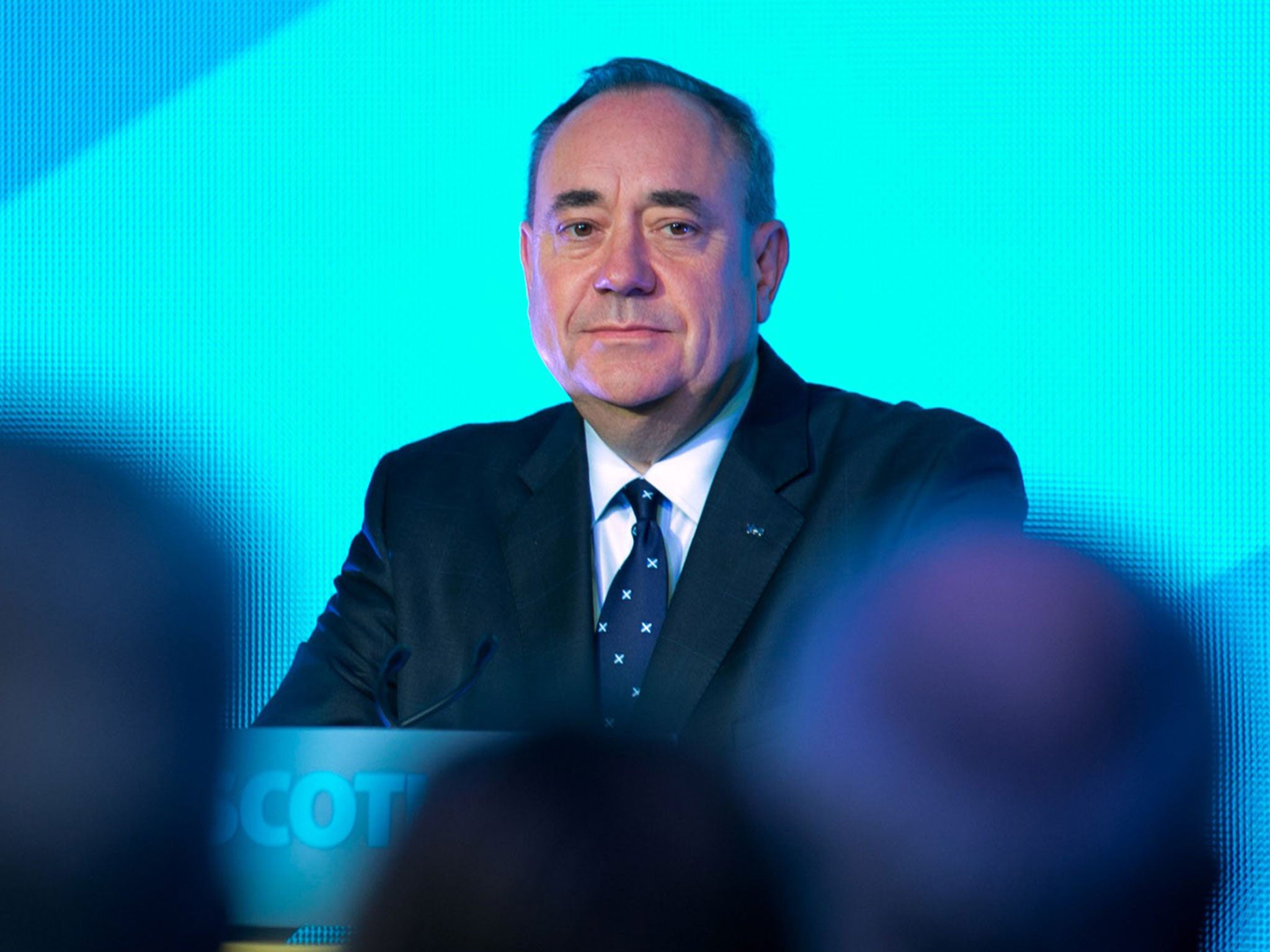Scottish referendum results: Questions over Alex Salmond's future as Scotland rejects independence
Salmond hailed referendum as a 'triumph for the democratic process'

Alex Salmond’s future as the First Minister of the Scottish National Party (SNP) could be cast in doubt after Scotland rejected independence in Thursday’s historic referendum.
More than 1.6 million Scots voted to break away from the UK, but this was not enough to secure the victory Mr Salmond’s Yes campaign has been fighting for.
The Scottish First Minister insists he will serve Scotland in whatever capacity voters choose, but the No victory in the referendum could see uncertainty about his leadership emerge - potentially giving rise to suggestions that the 59-year-old has taken the SNP as far as he can.
On Wednesday, an SNP source told the New Statesman Mr Salmond "could step down by November", to be possibly replaced by his deputy, Nicola Sturgeon, in the event Scotland rejected independence.
There have also been calls for his resignation, with many angry independence was not achieved in this referendum.
Yet while a majority of Scotland disagreed with his independence vision, many praised him for paving the way to the referendum and potentially bringing about huge change through the promise of more devolved powers.
Earlier, Mr Salmond acknowledged defeat in the wake of a secure victory for the No campaign, telling supporters in Edinburgh: "Scotland has by a majority decided not at this stage to become an independent country.
"I accept that verdict of the people and I call on all of Scotland to follow suit in accepting the democratic verdict of the people of Scotland."
However, Mr Salmond said the referendum and the high turnout had been a "triumph for the democratic process", saying the campaign had "touched sections of the community who have never before been touched by politics".
“Friends, sometimes it’s best to reflect where you are on a journey. Forty-five per cent, 1.6 million, of our fellow citizens voting for independence,” he said. “I don’t think that any of us, whenever we entered politics, would have thought such a thing to be either credible or possible.”
Scotland will be expecting Westminster to deliver on its promise to devolve more powers to Scotland “in rapid course”, he added. Mr Salmond also promised to meet his pledge in the 2012 Edinburgh Agreement to respect the result and work for the benefit of Scotland and the UK.
Speaking outside Downing Street today, David Cameron gave himself less than a year to draft legislation on devolving new powers to the UK.
In a remarkable statement in wake of this morning’s referendum result Mr Cameron said the question of “English votes for English laws” now required a “decisive answer” and promised a detailed plan by January.
Join our commenting forum
Join thought-provoking conversations, follow other Independent readers and see their replies
Comments